 Everybody needs to eat. An average woman should be taking in 2000 calories each day, an average man, 2500.
Everybody needs to eat. An average woman should be taking in 2000 calories each day, an average man, 2500.
If we all ate a natural diet of unprocessed whole foods, it would be quite easy to stay within these limits. Here’s an approximation of 2000 calories
- Breakfast: Bowl of oatmeal with milk and a banana =260 calories
- Snack: 30g of nuts =180 calories
- Snack 1 mango =100 calories
- Lunch: Okro soup with fish or meat and small portion of swallow =750 calories
- Snack: Akara-(3 large or 6 small)=210 calories
- Dinner: Grilled fish with beans, dodo and a small glass of wine.=500 calories
I think it’s fair to say that this is plenty to eat for the moderately active, average woman in one day. An average man can have another 500 calories. These numbers assume that the people in question are not trying to lose or gain weight.
For most of us, the problem is not actually food, it is empty calories. Empty calories are things we eat or drink that offer no nutritional value beyond being a source of energy. The most common culprit is refined sugar, which may or may not be hidden.
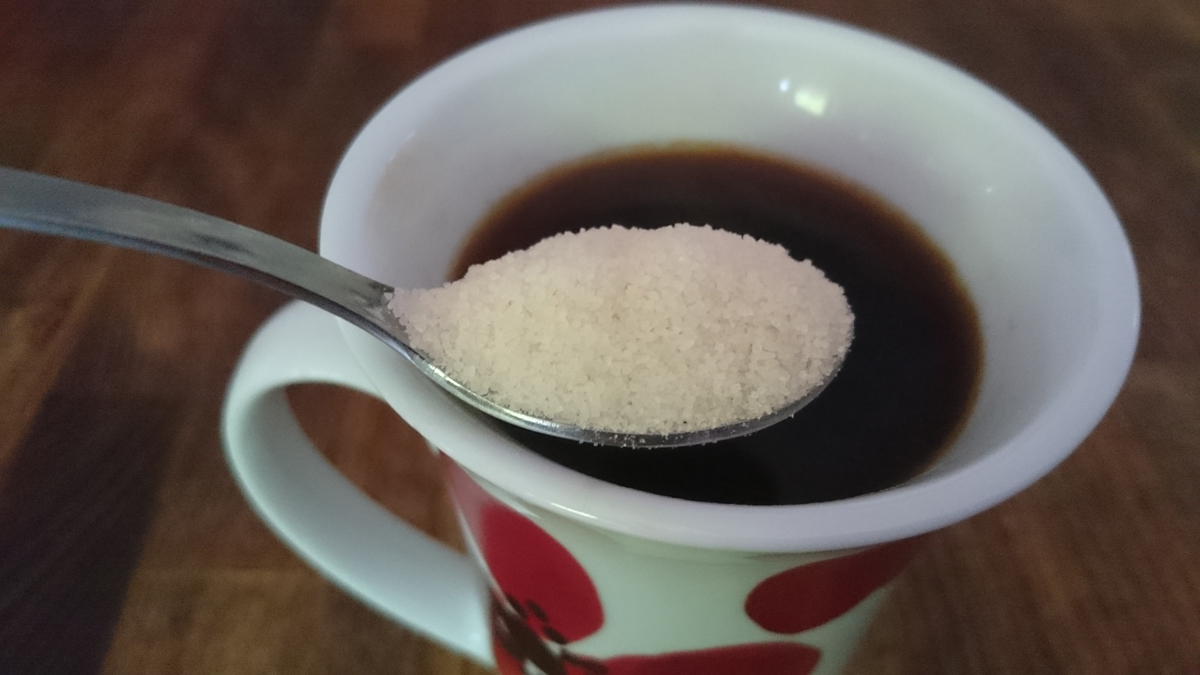 Here are some common sources of empty calories with approximate values:
Here are some common sources of empty calories with approximate values:
A cup of tea/coffee with two (liberal) ‘sugars’ – 50-60 calories
A can of coke or other soft drink – 140 calories or more
A chocolate milk drink – 170 calories
A cup of fancy coffee – 500-650 calories
A cup of fruit juice – 140 calories
A chocolate bar – 250-500 calories
A bottle of beer (Naija big bottle) – 200 calories
A large glass of wine – 200 calories.
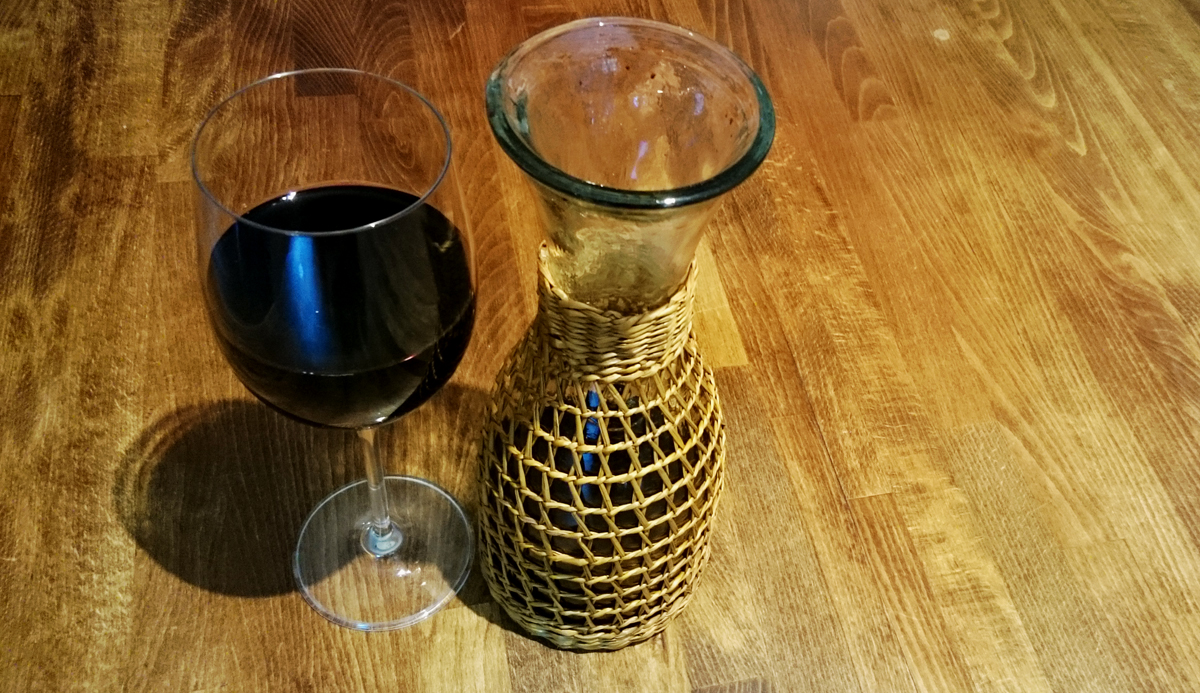 Fruit juice may seem like a strange addition to this list but it’s there because it is so much better for you to eat the fruit than to drink juice which concentrates the sugar but leaves out the beneficial fibre.
Fruit juice may seem like a strange addition to this list but it’s there because it is so much better for you to eat the fruit than to drink juice which concentrates the sugar but leaves out the beneficial fibre.
None of these, apart from the fancy coffees, seems particularly excessive, but any one of them puts you into excessive consumption leading to gaining weight. Even more of a problem is that there is a tendency to have more than one cup of tea or can of coke during the day and once you stack a few of these up, the problem aggregates. Just two beers or large glasses of wine are like an extra meal worth of empty calories.
I can think of no naturally occurring Nigerian food that can be said to have empty calories. Even the obvious ‘sugary drink’, sugar-cane, is rich in minerals and boosts alkalinity, making it a healthy option. The closest things are the starchy foods like yam, rice and gari and they are definitely not empty calories, they just need to be eaten in moderation.
Wetin you dey chop?
Major Abs’ takeaway
 It’s not all doom and gloom, here are a couple of practical tips to work on:
It’s not all doom and gloom, here are a couple of practical tips to work on:
- Choose your poison. You may have noticed a small glass of wine on the example meal plan above. It too could be considered 100 empty calories and replaced by something you prefer, for example; 4 heaped teaspoons of sugar in tea or coffee through the day. If you’re a chocolate fiend or a coke addict, work out how many empty calories you are taking in and reduce intake in other areas. It’s not ideal from a health perspective, but I’m a firm believer in the effect of happiness on good health.
- Increase your exercise level to allow for surplus calories. A moderately-in-shape person can expect to burn 250-300 calories if they walk for an hour at a pace that covers about 5km. Overweight people will burn more, underweight people less. Nowadays, it is not uncommon for people to track their activity and/or their calorie intake on portable or wearable technology. 5km is about 6250 steps.
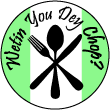
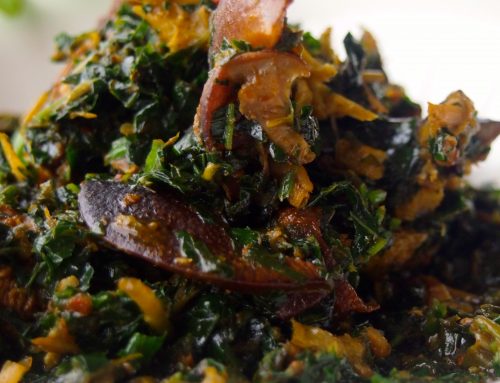
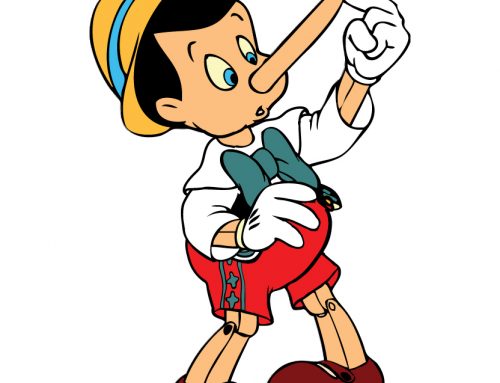
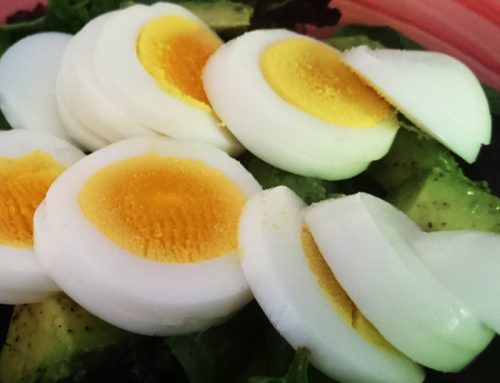
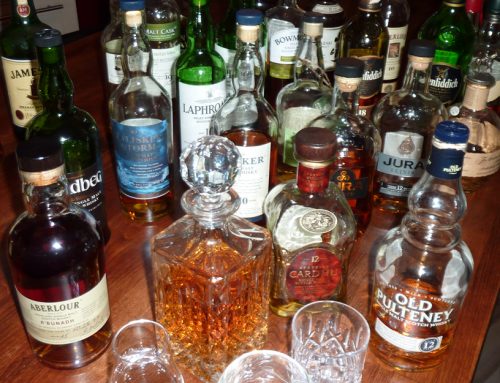
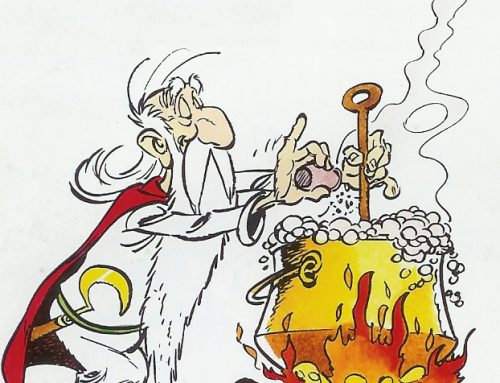
Leave a Reply